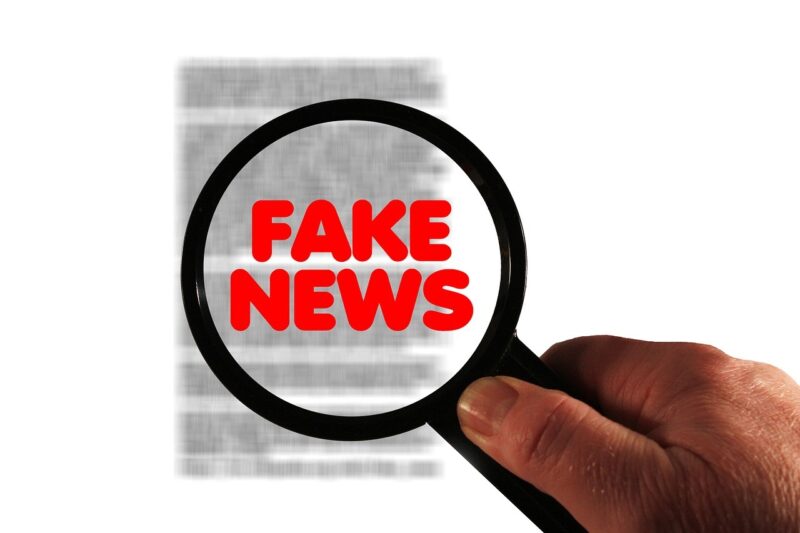The rapid advancement of artificial intelligence (AI) technology has led to its widespread use in combatting the dissemination of fake news. While the use of AI for fake news detection holds promise in helping to curb the spread of misinformation, it also raises significant ethical concerns.
As AI algorithms become increasingly sophisticated in identifying and flagging false information, questions arise regarding the potential biases present in the training data, the implications for freedom of speech and expression, and the overall impact on public trust in media sources. In this article, we explore three key ethical issues in the use of AI for fake news detection and consider the implications for society at large.
1. Privacy Concerns in AI-Driven Fake News Detection

Privacy concerns arise when utilizing AI for fake news detection, as the technology often relies on analyzing large amounts of data, including personal information. This raises ethical questions regarding the protection of individuals privacy and the potential risks of data misuse.
While AI-driven fake news detection can be effective in combating misinformation, the use of sensitive data without proper consent or safeguards can lead to privacy violations. It is essential to consider the ethical implications of implementing AI in this context and to prioritize the protection of users privacy rights in the fight against fake news.
2. Bias and Algorithmic Fairness in Fake News Detection using AI

Bias and Algorithmic Fairness in Fake News Detection using AI is a critical issue that must be addressed when considering the ethical implications of implementing artificial intelligence. While AI systems can be incredibly efficient at detecting fake news, they are not immune to bias.
These biases can stem from the data used to train the AI model, the design of the algorithms themselves, or even the human biases of the developers. In order to ensure fairness and accuracy in fake news detection, it is essential to carefully monitor and address any biases that may be present in the AI systems being used.
Failure to do so can result in harmful consequences, such as the promotion of misinformation or the suppression of legitimate news sources. By prioritizing algorithmic fairness and addressing biases head-on, we can improve the effectiveness and credibility of AI-powered fake news detection systems.
3. Misrepresentation and Manipulation in Artificial Intelligence Detection of Fake News

Misrepresentation and manipulation are significant ethical concerns in the realm of Artificial Intelligence (AI) detection of fake news. The ability of AI algorithms to accurately detect misinformation hinges on the integrity and transparency of the data and information they are trained on.
However, there is a risk of intentional misrepresentation or manipulation of data to skew the results in favor of a particular agenda. This not only compromises the accuracy and reliability of the AI systems but also undermines the trust in AI technologies as a whole.
Additionally, the lack of diversity and inclusivity in the data used to train AI models can lead to biased outcomes, further perpetuating misinformation and disinformation in the online space. It is imperative for AI developers and researchers to address these ethical issues and prioritize the ethical use of AI for fake news detection to ensure the integrity and credibility of information in the digital age.
Conclusion
In conclusion, the use of AI for fake news detection raises several ethical issues that must be carefully considered. The potential for bias in AI algorithms, the responsibility of tech companies in combating misinformation, and the impact on freedom of speech are all important factors to address.
It is crucial for developers and policymakers to prioritize the ethical implications of AI technology in order to ensure that these tools are used responsibly and effectively. By implementing transparent processes, promoting diversity in AI development teams, and prioritizing the protection of individual rights and freedoms, we can navigate these complex ethical challenges and work towards a more trustworthy and reliable information environment.
The development of ethical guidelines and oversight mechanisms for AI checker is imperative to ensure that these tools are used ethically and responsibly in the fight against fake news.


